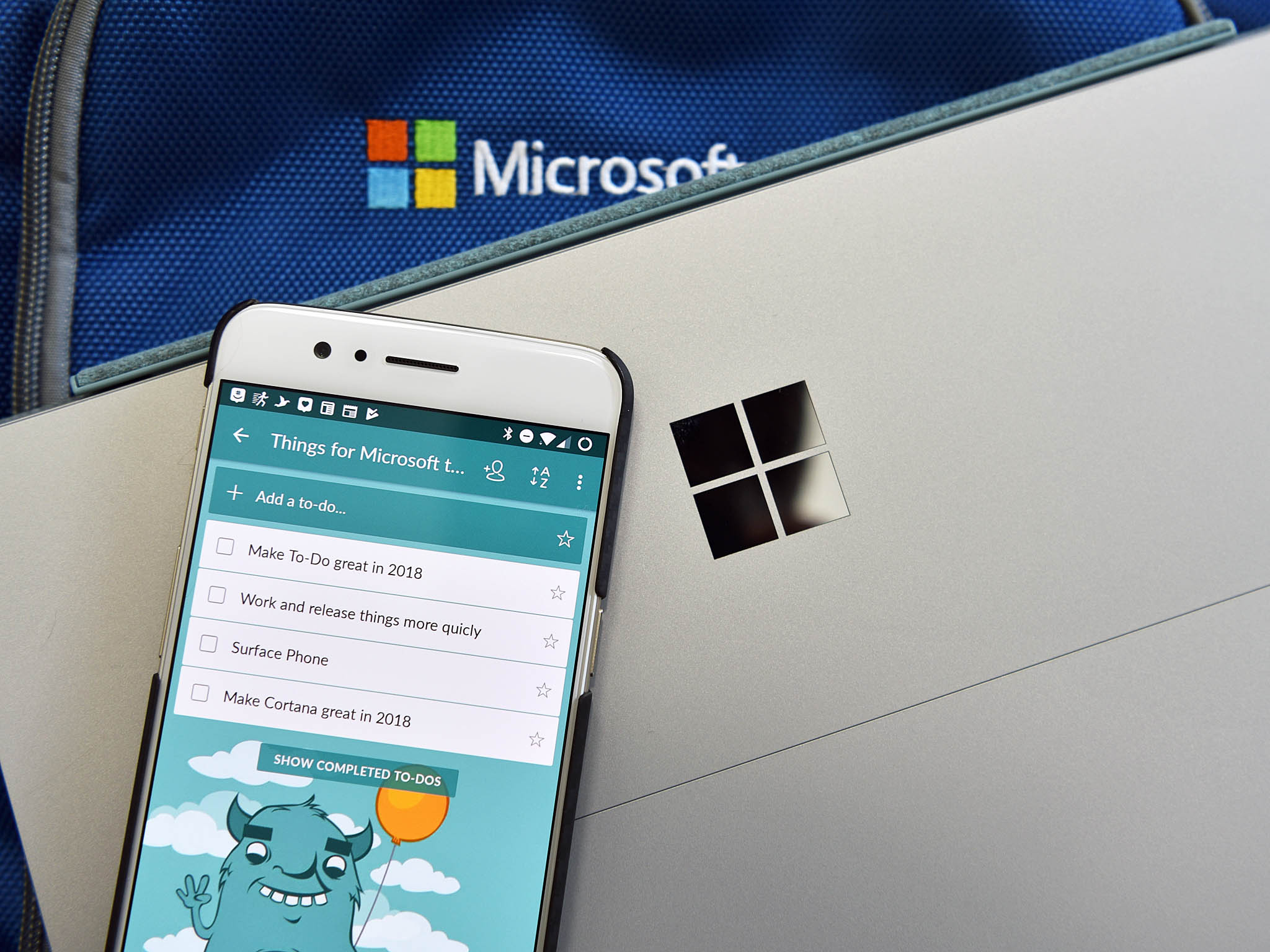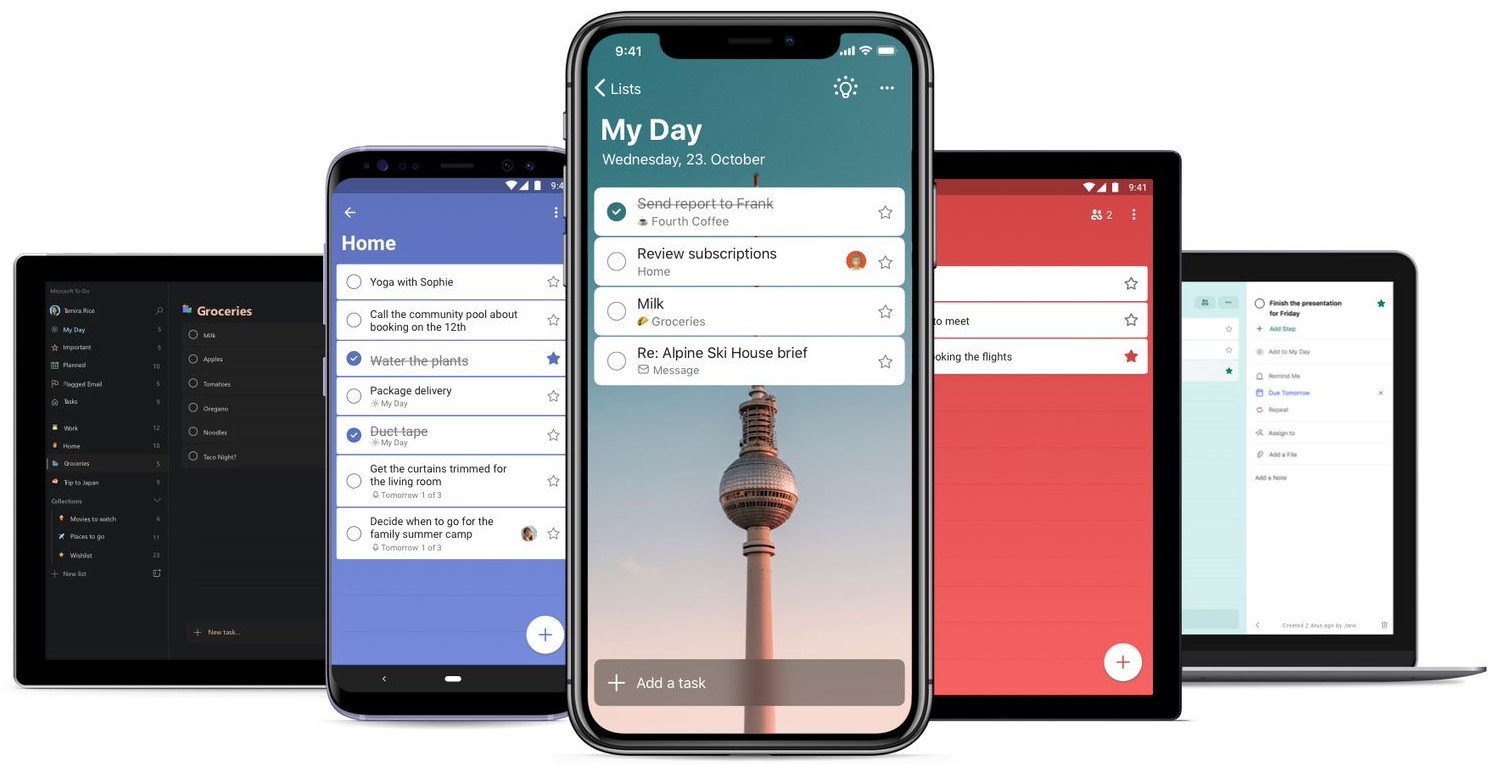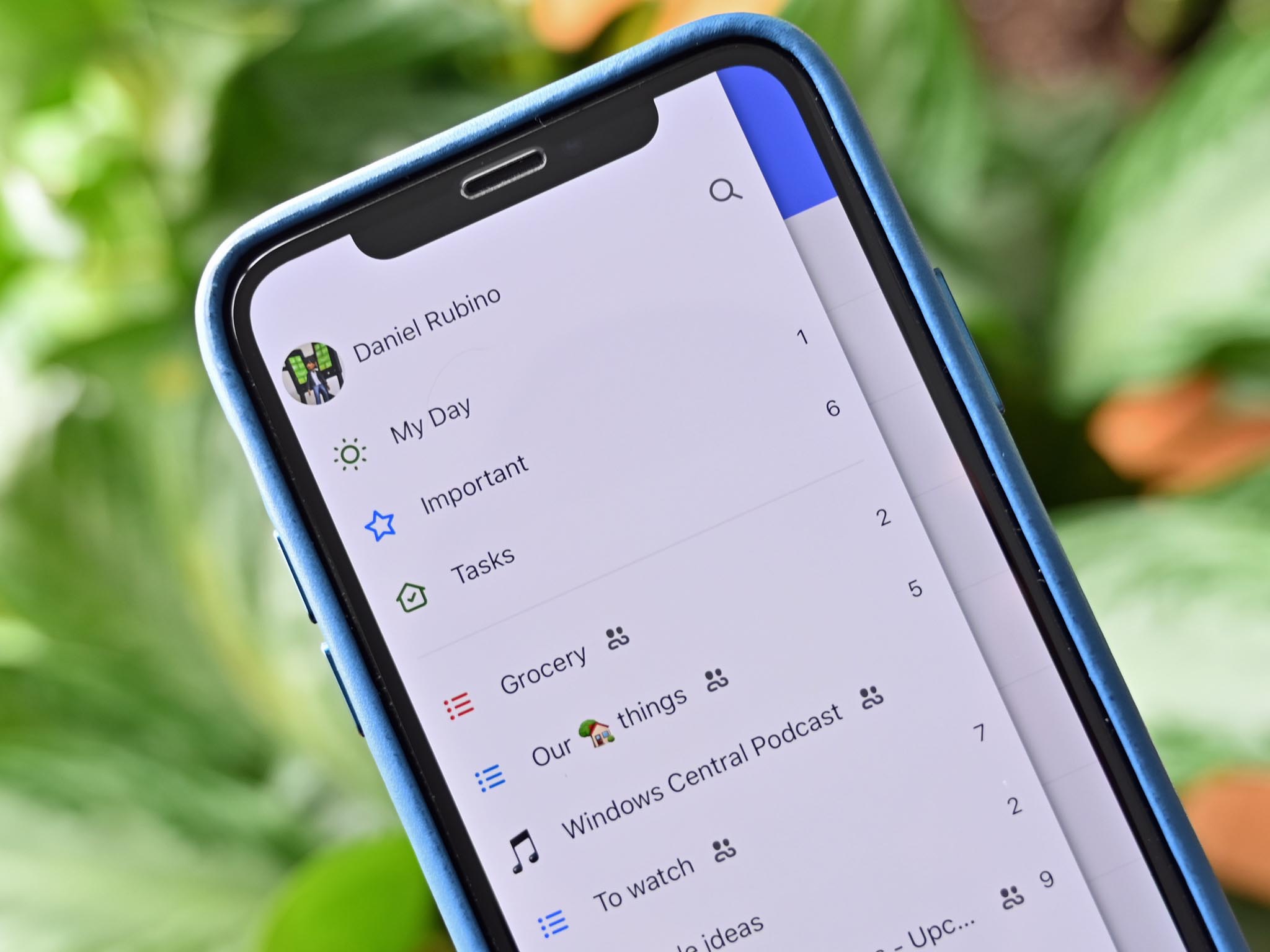Kill the past: It's time for Wunderlist users (and its founder) to move on
Redoing Wunderlist in 2020 is a terrible idea from people who should know better

Back in 2018, I remarked how the popular task app Wunderlist was still ahead of Microsoft To Do. The irony, of course, was that Microsoft owned both after the company acquired Wunderlist in 2015. Now four years on, Wunderlist's founder, Christian Reber, wants to buy back his app from Microsoft.
It's not only a terrible idea but a waste of time. Nostalgia for tech is tedious and an odd take from those who are supposed to be creating the future.
We love the rosy past
But I get it. There are two significant factors here for Wunderlist users: comfort, and a taste for the past. Like web browsers, it's tough to get people to switch away from something that they know and use dozens of times a day. No matter how good Firefox may be over Chrome, the switch rate is meager.
Wunderlist users enjoy the simplicity, design, and familiarity of using it to manage their daily lives. There's no easy solution here. People need to jump ship sometimes even with a little push. So yeah, Wunderlist will die someday. There's your shove, familiarize yourself with your life jacket.

There's also function, too. I noted that last year, when I said the To Do team needs to do more. Luckily, they have. We now have inking, dark mode, shared lists, list groups, Planner support, a Mac version, file attachments, shared attached files, flagged emails from Outlook, multiple account support, Cortana support, multi-list Live Tiles. Amazon Echo integration, new smart list sorting options, and beyond. Anyone who thinks Microsoft is not serious – or not working hard on To Do – is full of it.
Is there still more to do in To Do? Of course. But it should be clear that the To Do team is working harder than ever. They're delivering more features now than a year ago and more consistently too. To Do will get there even for Wunderlist users. Once To Do is ramped up and Wunderlist usage falls, the latter will be retired. Until then, nothing changes.
As to Reber's remarks about buying back Wunderlist, why? He took that Wunderlist money and put it into Pitch, an open platform for presentations and collaboration. It'll likely compete with Microsoft in other areas like PowerPoint, SharePoint, Whiteboard, and more. As usual, he has his eyes on what comes next — but buying back Wunderlist? Let's not oversell how important Wunderlist is to the digital foundation of the modern tech world. Like Blackberry Messenger, WinAmp, MySpace, Google Hangouts, etc. you sometimes need to let go recognizing the time has passed.
Get the Windows Central Newsletter
All the latest news, reviews, and guides for Windows and Xbox diehards.
Forget what was, look to what is

Nostalgia is a dangerous drug. It's an alluring thing to reminisce about yesteryear. Microsoft fans know this all too well with Windows Phone, Zune, Windows Media Center, and Microsoft Band to name a few cult-faves. If all you do is think about how great things were years ago, you're missing all the fantastic stuff that is yet to come (or even here today).
Long term, To Do is going to hook into machine learning, AI, Outlook, LinkedIn, Skype, and more to work as a central tool. It'll be a hub for work and consumers to organize one's work life. Wunderlist would never be able to do any of that because Wunderlist was powered by Amazon's AWS, not Microsoft Azure. But Wunderlist's linegage and heart lives on in To Do (it also maintains a 4.5 rating on the Google Play store, Wunderlist is at 4.7).
Wunderlist was great. But Microsoft To Do is becoming excellent. Follow the path of the one that has momentum, not the one living on fumes from yesterday. And to Wunderlist's current users – give To Do another shot. The recent callbacks to Wunderlist design in To Do is a testament to the idea you can have your cake and eat it too.

Daniel Rubino is the Editor-in-chief of Windows Central. He is also the head reviewer, podcast co-host, and analyst. He has been covering Microsoft since 2007 when this site was called WMExperts (and later Windows Phone Central). His interests include Windows, laptops, next-gen computing, and wearable tech. He has reviewed laptops for over 10 years and is particularly fond of 2-in-1 convertibles, Arm64 processors, new form factors, and thin-and-light PCs. Before all this tech stuff, he worked on a Ph.D. in linguistics, performed polysomnographs in NYC, and was a motion-picture operator for 17 years.
